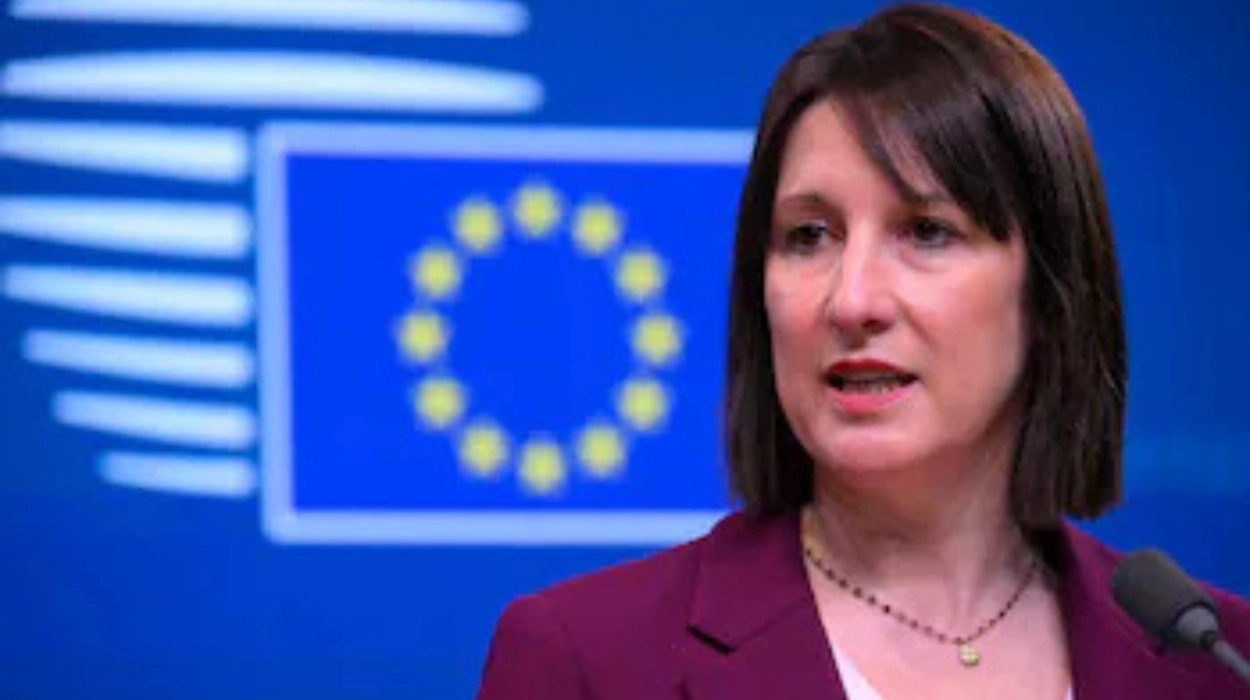UK (Parliament Politics Magazine) – Labour confirms English households face £9.4bn council tax rise by 2029, as ministers plan maximum allowed increases, hitting bill payers hard.
As reported by The Telegraph, Labour admits English households face a £9.4bn council tax increase.
How will rising council tax bills affect English families’ finances?
Ministers expect council tax bills to rise to the legal maximum, adding fresh financial pressure on bill payers.
The Government claimed in June that local authorities’ spending power would rise 2.6% by the end of the current Parliament.
Officials declined to reveal how much of the increase would come from higher bills, which have exceeded 5% a year in some regions under ex-housing secretary Angela Rayner.
New figures obtained by the Conservative Party through a Freedom of Information request show English council tax could rise by £9.4bn, a 26% increase by April 2029.
The data shows that two-thirds of the “spending power” Labour pledged to councils comes from higher taxes on households.
Andy Burnham and Baroness Shafik’s views on council tax reform
The Mayor of Greater Manchester, Andy Burnham, called on Prime Minister Sir Keir Starmer to adjust the council tax system, increasing charges for expensive properties in London and the south-east.
Baroness Shafik, Keir Starmer’s chief economic adviser, is reportedly backing the plan and has asked Downing Street to review council tax rates across England.
Rachel Reeves’ signal about taxes in the upcoming Budget
Chancellor Rachel Reeves is expected to increase taxes in her upcoming Budget, after recent OECD figures revealed a £30bn shortfall in government finances.
She faces limitations on additional borrowing due to “iron-clad” fiscal rules and Treasury fears that higher debt could unsettle the bond market.
Labour vowed in its manifesto last year not to hit “working people” with higher taxes, signaling no planned increases to income tax, National Insurance, or VAT.
Councils can increase council tax by 5% annually under current rules, even when broader economic growth and wages rise more slowly.
What did the new figures reveal about council tax rises across England?
The Office for National Statistics data showed inflation reached 3.8% by August 2025, indicating that council tax hikes at the maximum rate will surpass wider cost growth.
The Ministry of Housing, Communities and Local Government figures are based on all councils increasing charges by the legal limit.
Six councils were allowed by Ms Rayner to increase charges beyond the standard limit after one council requested a 25% rate hike. The total cost of council tax across England could rise from £36.2bn to £45.6bn by the end of this Parliament.
The government previously declined to publish the data after Conservative questions in Parliament, raising concerns over transparency rules.
What did Sir James Cleverly say about Labour’s council tax hike?
Sir James Cleverly, shadow housing secretary, claimed Labour was “caught red-handed hiking council tax on middle England.”
He said,
“Labour are budgeting for a massive £9bn hike in council taxes, misleading Parliament on the actual grant funding that councils are getting.”
Mr Cleverly added,
“I fear that this is the tip of the iceberg of the soaring tax bills that family homes now face, with Starmer’s advisers drawing up plans for further rises. The Conservatives are the only party campaigning against these new taxes on your home.”
What did the Ministry of Housing say about its council tax data release?
MHCLG stated that its data release was
“an estimate of the resources available to local authorities, and not a prediction of their actual council tax revenues since councils are free to set their own levels of council tax depending on the needs of their local area and the impact on ratepayers.”
Key facts about the UK’s 2025 Budget
The UK’s Autumn Budget 2025, which will be delivered by Chancellor Rachel Reeves on Wednesday, 26 November, faces pressure to raise £20-30bn to meet fiscal rules amid weak growth and high borrowing costs.
Labour has pledged not to increase income tax, National Insurance, or VAT for “working people.” Tax rises are expected to focus on wealth, property, and pensions.


